Crap Culture = Skyrocketing Restaurant Meals

A record 5.6% of U.S. restaurant workers quit their jobs in April. Industry employees say they want to get away from low pay and difficult customers, and a growing number of openings in the labor market is making it easier for them to transition to new careers. In an industry with a record 1.34 million job openings, analysts say this means employers must work harder to attract and retain people.
However, enforcing mask mandates and interacting with abusive managers and customers has become a dealbreaker for many industry workers. A union survey of McDonald’s workers in 2020 found that nearly half of respondents said that they had been physically or verbally assaulted. Many restaurant workers are even doing what is called ‘rage quitting’ – resigning without another job lined up.
To combat these issues, businesses are offering added perks, bonuses, and benefits to new employees just to get them in for interviews, while others are raising wages, with the cost undoubtedly being passed on to customers. The problem with this management strategy? Perks, bonuses, benefits, and higher wages do not make up for being disrespected.
It’s no secret that restaurants can be intense, hostile places to work. From demanding and predatory chefs, to difficult diners, to personal and professional boundaries blurred by long hours, and an over-indulgence in alcohol, the need for change has never been greater. A bad culture absolutely affects a company’s ability to hire and retain staff, and unfortunately for restaurant industry leaders, their decades of ‘culture neglect’ are now coming home to roost.
Jill, What Can I Do? First, define a great culture. Every employee needs to understand what you expect, and how your culture positively impacts them personally and professionally. Second, hire the right people. While skill and experience are important, personality trumps experience when hiring restaurant employees (and other employees for that matter). Third, since you have current staff, you must drive change with them too. Fourth, constantly reinforce your culture by rewarding good behavior and holding people accountable. Finally, if people don’t deliver, coach them. If they are uncoachable, fire them. You cannot employ toxic people and expect to have a great culture. The two are incongruent.

